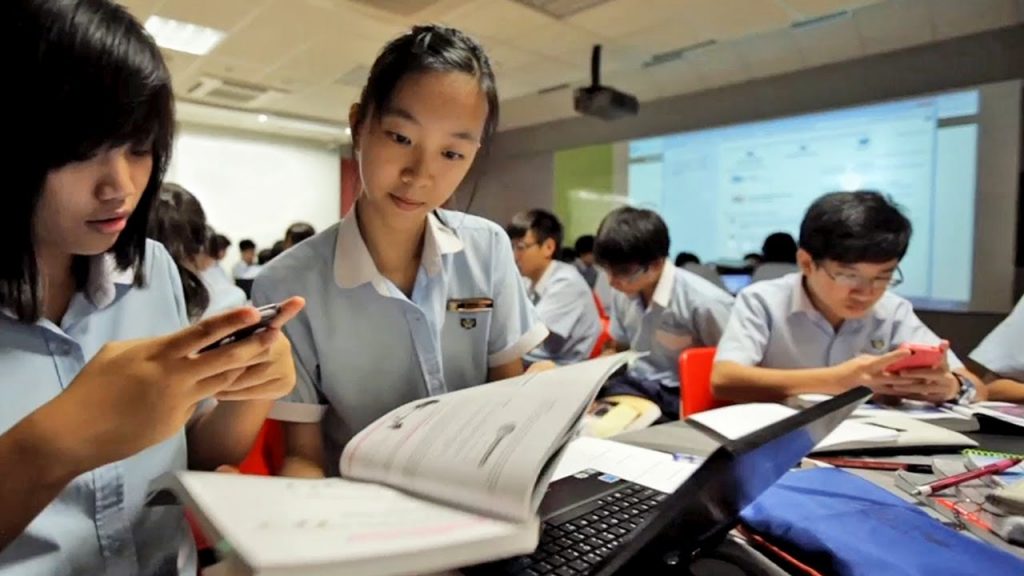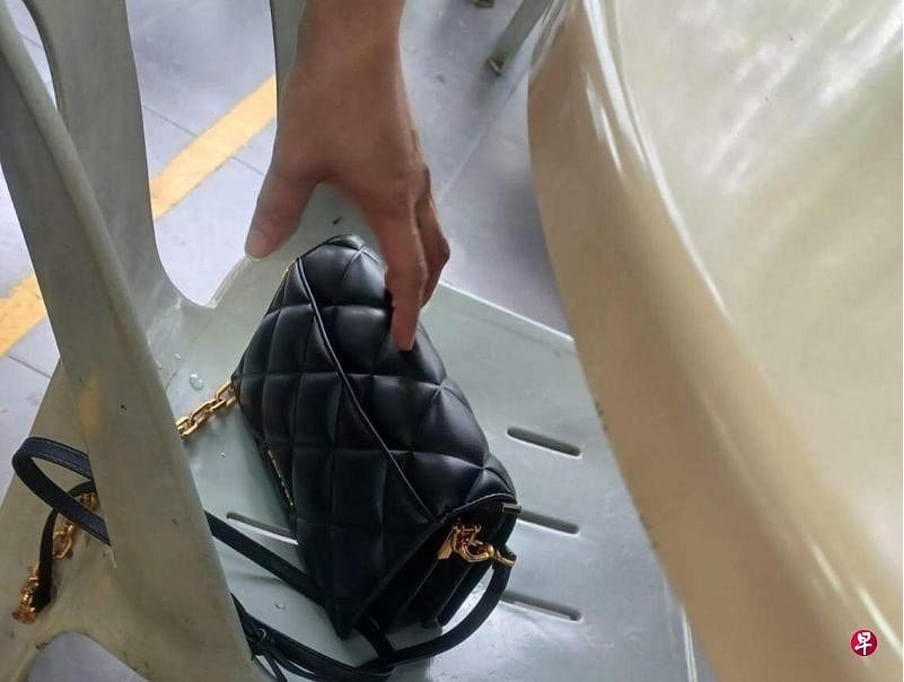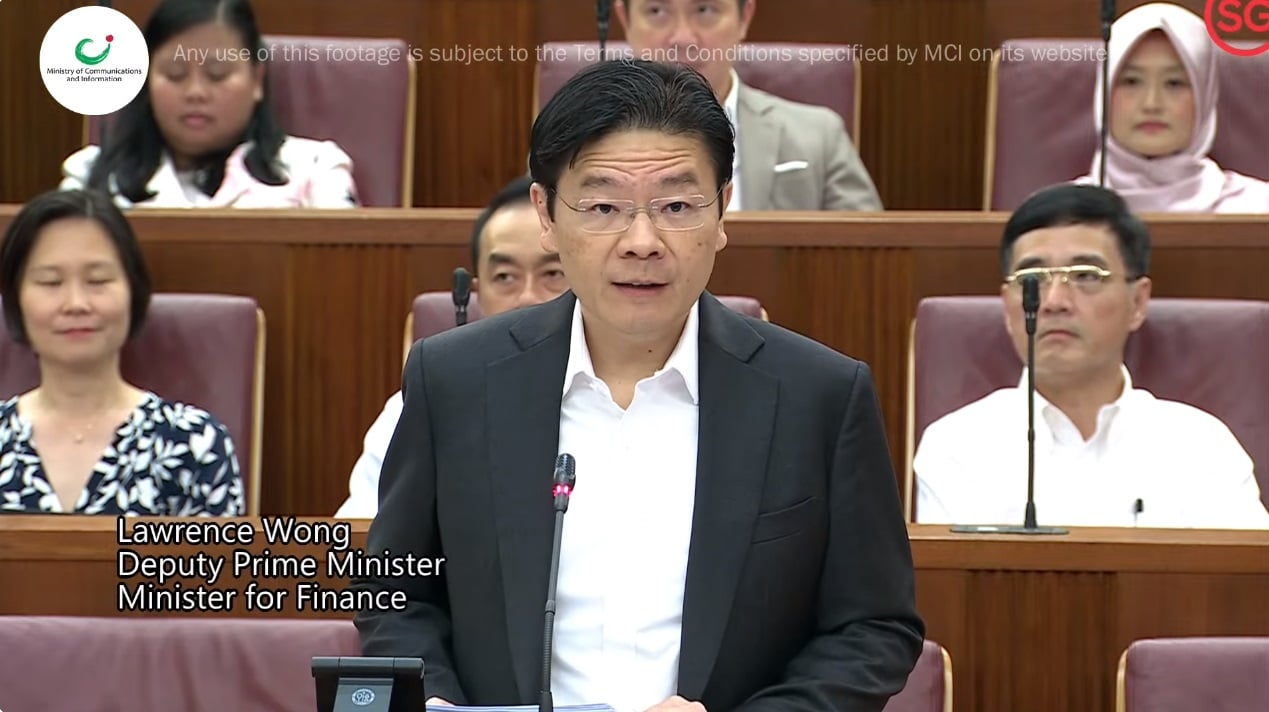Apple iPhones aside, he cost of mobile phones and data plans has been falling steadily. This is a delight to all mobile users and has also fuelled the huge increase in mobile phone penetration in Singapore. One largely untapped group of users, the children are now receiving spanking new phones. To top it off, the phones come with data plans and 24×7 connection to the world wide web. While the dotting parents justify their indulgence (there’s always an excuse), a rise of a social issue is currently taking place.

Schools have largely been able to control the usage of mobile devices mainly due to their exorbitant price. Parents hesitate to hand over a device that costs an arm or a leg as it may be lost by careless kids. Today, with the rise of students flaunting their cheap new toys, this is turning into an uphill task. The mobile phone by itself is but a tool for communication. It is the distraction and disruption that has the schools frowning. A student’s primary objective in school is to study anyway. MOE has shied away from a complete ban and has given the autonomy to schools to form their own policies. With such varying policies across Singapore it is becoming more and more difficult for schools that want to ban mobiles phones, because parents will start to compare and gripe about school policies that are not to their liking.
While schools would love to continue the status quo, many parents are allowing their child the leeway to disregard the school rules. Students are hiding their phones in their bags and bringing them into classrooms. For the more obedient student, the phone remains off and the problem is not severe. Some students having their phones with them, will start to push boundaries, taking them out and using them in the toilets, under their desks, at the school playground, etc. The distraction, to their studies, compounded with other social issues like theft, cyberbullying and even teacher harassment are giving discipline masters in schools the extra headache they do not need.
So, what do we do next? Both parents and schools have their justifications. Is this impasse going to continue? Let’s take a look at what other countries do. The French government has a blanket ban for all schools up to Junior High (Secondary 4) Of course it has attracted its fair share of detractors. However, it has generally received support from her citizens. Afterall, this new law was part of the French president’s campaign pledge. Across the sea in UK, there is no such law. However, most schools do discourage mobile phone use in school, especially for children under 11. Older students do get more flexibility but most schools frown upon phone use and have pretty restrictive phone usage policies. Further away in the US, the story is pretty much the same. Schools do have the flexibility of forming their own rules and policies. However, it is important to note that a Harvard Health research showed that the mere presence of a phone even when the owner is not looking at it, can be a distraction. So, does this study mean that it is not sufficient to require students to keep their phones off and in the bag?
let’s look at Hong Kong. Culturally, they are similar and they are nearer to us. Their phone use attitudes could be similar. But no! In fact, they are quite lax with their mobile phone rules. Only some schools choose to ban phone usage. This probably means that many schools allow students to bring and use mobile phones in school. Which is not a surprise, since Hong Kong has a mobile phone penetration of 95%, which essentially puts a phone in the hands of anyone older than a toddler. So, what do you think what we should do in Singapore? Is it time to relax our policies, or tighten it and instill a complete ban?
If you’d like to contribute your story to us, drop us an email at editors@sureboh.sg and we’ll review it. We read each submission that comes to us within two weeks of receiving it.





